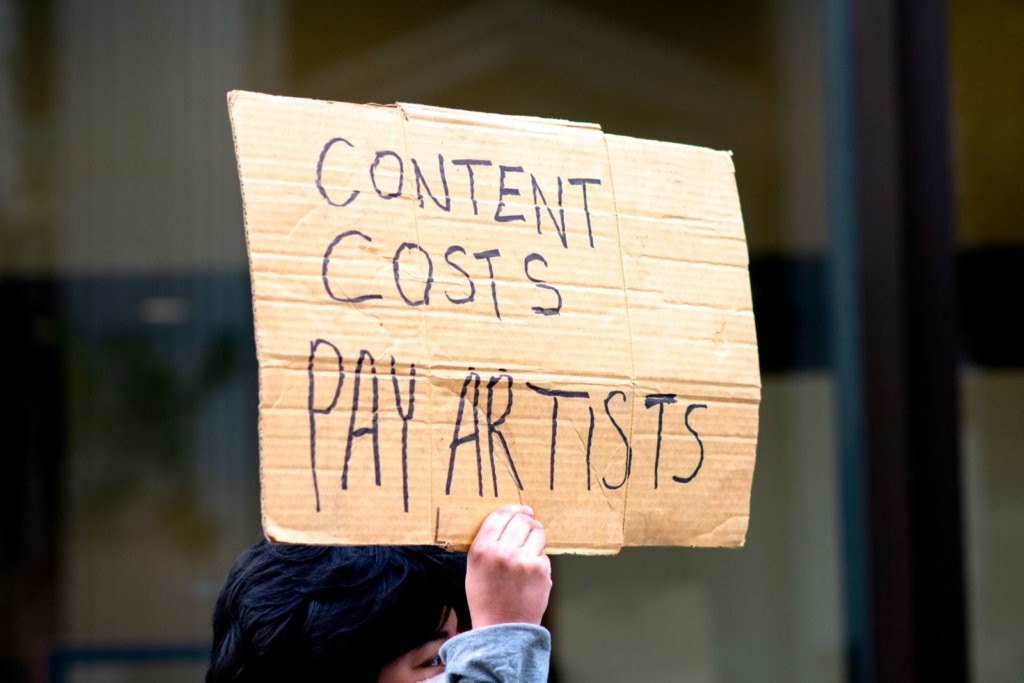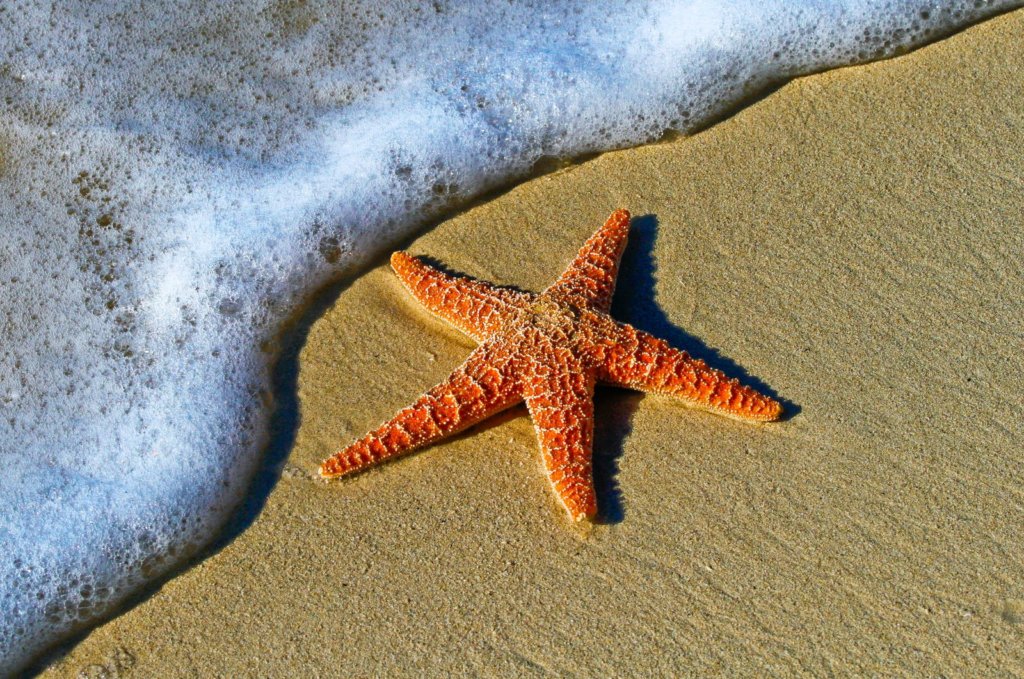This week I read a Twitter thread about the creator of the latest Netflix phenomenon “Squid Game.” According to several news pieces, Hwang Dong-hyuk wrote the show in 2009 but was rejected by studios for 10 years. He once had to stop writing the script and sell his $675 laptop because of money struggles. The Twitter thread author, Ifę, @ifetalksback, said as a writer they find the story terrifying more than inspiring.
As part of the thread, Ifę said, “They’ll be like ‘I had to wait 15 years, my mother don’t speak to me anymore, I lost a finger to typing so much, I can’t remember the last time I saw the sky. But now I have a show,’ And the comments from everyone who ISN’T a writer is like ‘NEVER give up bro, so inspiring.’”
I agree – on the one hand, it’s always inspiring when long-awaited dreams come true, but on the other hand, I find the story to reflect poorly on not only the film industry, but also us as a society in general. Hwang had to literally sell one of the tools of his trade in order to make ends meet. That’s not OK.

The picture says it all. Photo by Patrick Perkins on Unsplash
My spiritual teacher says it’s the duty of society to support its artists because artists are pioneers. “If those who are the pioneers of society … if they are forced to starve or half-starve, this will certainly not be to the credit of human society. It is unthinkable that these creative geniuses should curse their own fate.”
Seriously. Artists – and that includes writers – have a special role to play in society and letting them struggle is not cute or inspiring or romantic or whatever notions we have in this modern world. It’s a travesty. Especially during the pandemic, we’ve seen the importance of art and literature. What would we do, how would we survive if we didn’t have books to read, movies to watch, games to play? For many, escaping into entertainment was, or is, the only way to feel joy during an otherwise extremely bleak period. And yet we let artists like Hwang Dong-hyuk toil away and then romanticize his rags-to-riches story? No.
What would happen if artists were supported and didn’t need to work “day jobs” or have numerous “side hustles” or live with 10 roommates just to survive? What sort of art would they make? What would they be able to accomplish if they weren’t constantly worried about money? In case you can’t tell, I’m PISSED this is the situation we find ourselves in. Not only for artists, but for everyone.
Who does this capitalistic, hypercompetitive economy work for? Very few, that’s who. And the reality is we don’t have to live like this. I don’t know how we release ourselves from the shackles of capitalism, but I do know there are other ways to live. Ways in which people are guaranteed the basic necessities of life like food, clothing, education, shelter, and medical care. Ways in which people are valued over profits, the environment is respected, and we as a society are able to satisfy our higher intellectual, artistic, and spiritual aspirations. Ways in which artists like Hwang Dong-hyuk don’t have to sell their laptops in order to pay their bills.
I dream of a world where we not only praise artists and writers, but we value them with our wallets. A world where we support artists and writers so they can do what they were put on this Earth to do – create. A world where we understand artists barely making ends meet is appalling, not romantic.
Another world is not only possible, it’s probable.
P.S. This might be a good time to mention I have a Patreon campaign. If you value my work, consider contributing.
All week I’ve been thinking about the starfish story. If you don’t know what I’m talking about, the story goes like this: One day a man was walking along the beach littered with starfish, also called sea stars. He noticed a girl picking them up gently throwing them back into the ocean. Approaching the girl, he asked, “What are you doing?” She replied, “Throwing starfish back into the ocean. The surf is up and the tide is going out. If I don’t throw them back, they’ll die.”
The man said, “Don’t you realize there are miles and miles of beach and hundreds of starfish? You can’t make a difference!” After listening politely, the girl bent down, picked up another sea star and threw it back into the ocean. Smiling at the man she said, “I made a difference for that one.”
I love this story because it’s the reminder you don’t have to save all the sea stars, or all the people, or all the animals, or all the whatever. Even one life matters. It’s hard for me to remember that because instead I think of quantity. Quantity is what’s encouraged in our capitalistic culture. “How many views did that blogpost get?” “How many followers do you have?” “How big is your email list?” We think in terms of quantity because quality is hard to, well, quantify. How do you measure if listening to a song brought a person to tears? Or reading a book changed someone’s life? You can’t really. We try by saying, “Well, it was popular. It went viral,” but lots of things go viral.

Photo by Pedro Lastra on Unsplash
A compilation video of cats freaking out when they see cucumbers has gone viral – 24 million views and counting – but has anyone’s life changed as a result? I’m not saying there’s anything wrong with cat videos, I’m merely pointing out whether something is viral is not a good measure of its quality. I have to keep reminding myself of this because otherwise I get too fixated on the end result. I start thinking about all the sea stars littered across the beach instead of the one in front of me, so to speak. And the one in front of me matters. It matters because every life is precious and also because every person cares about what happens in their life. We are all a little self-centered, in a good way.
What I have to keep coming back to is why am I even writing in the first place? Sometimes I write just for me. But the writing I make available for public consumption is for me and for others. My spiritual teacher said:
“In every expression, in every stratum of this universe, however crude or subtle, only one refrain prevails, and that refrain is the attainment of bliss. In that artistic movement toward welfare both the attainment and the bestowal of happiness find simultaneous expression. When litterateurs dedicate themselves to the service or practice of literature, they have to let their creative genius flow in this very current: They have to cleanse all that is turbid, all that is inauspicious in individual life in the holy waters of their universal mentality, and then convey it sweetly and gracefully into the heart of humanity.”
When I write the things that matter to me, I’m trying to touch the heart of humanity. I’m trying to share my experience, strength, hope, and perspective in an effort to let people know they’re not alone. Or to get them to entertain a new perspective. Or open their hearts a little more. When I lose sight of my intention, that’s when I start thinking it only matters if I hit a certain threshold of popularity. But it doesn’t. Because like the girl throwing sea stars back into the ocean, I may not be making a difference for a million people, but I’m making a difference for at least one. And that’s something.
I dream of a world where we remember quantity isn’t everything. A world where we remember quality counts. A world where we keep in mind our intentions. A world where we stay close to the “why” of our actions and use that as motivation to propel us forward.
Another world is not only possible, it’s probable.